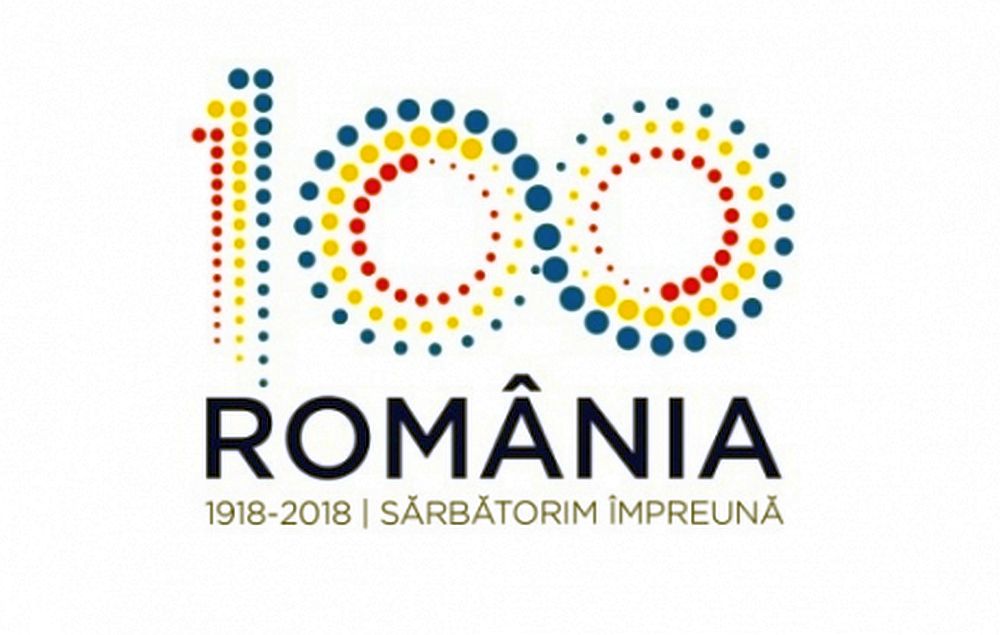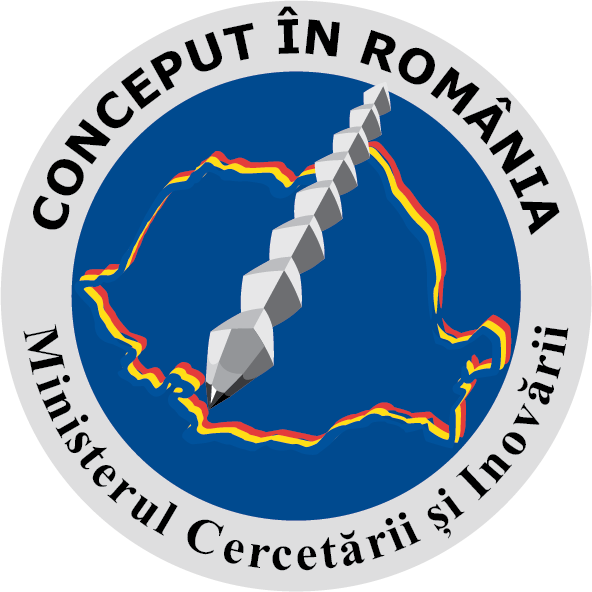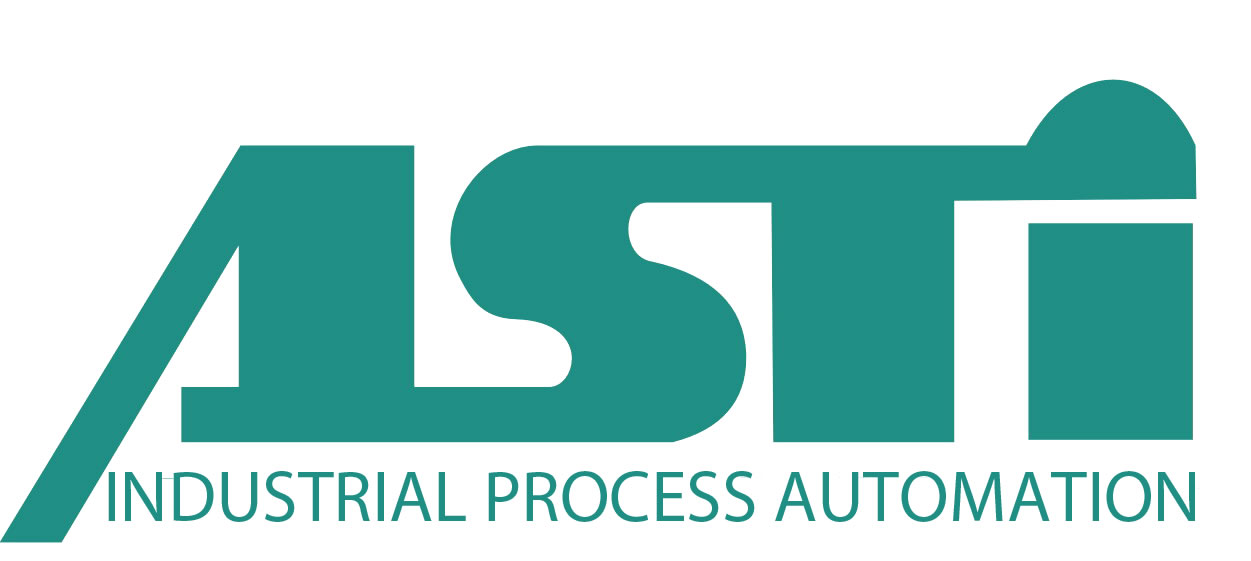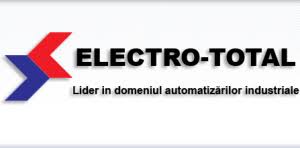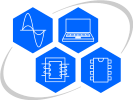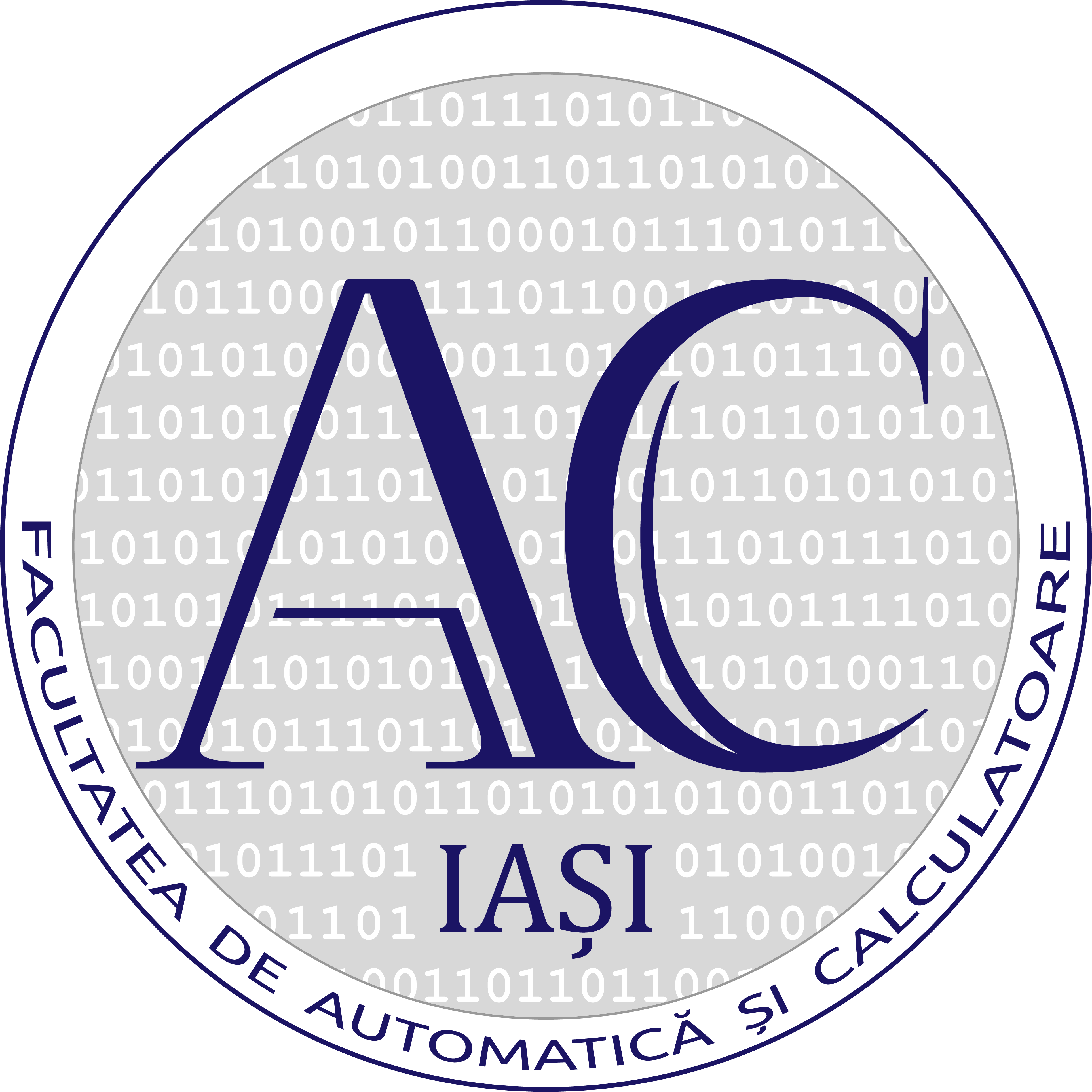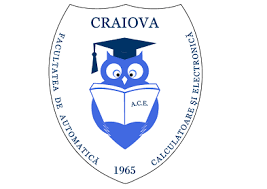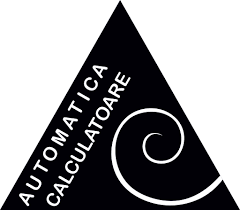Invited Sessions
Proposals for INVITED SESSIONS in the scope of the conference are welcome.
People interested in organizing a SESSION should notify their intention to the organizing committee at This email address is being protected from spambots. You need JavaScript enabled to view it. by April 27, 2018.
A proposal for an INVITED SESSION should include the title of the session, a half-page description of its topic, together with a list of at least six papers (authors and tentative titles) that will be submitted to the session.
Note: Papers submitted for a special session will be treated in the same manner as the regular papers!
Organizers: Daniela Iacoviello* and
Bioprocess Modelling and Control
Organizers: Mariana Titica and Sergiu Caraman*
Modeling and Control of Wastewater Treatment Systems
Organizers: Ramon Vilanova, Andrea Capodaglio and
Control and Real Time Applications
Organizers: Ciprian Lupu* and Dumitru Popescu
Complex Data Processing for Monitoring and Diagnosis
Organizers: Loretta Ichim and Dan Popescu*
Complex Autonomous Systems for Assisted Living and
Organizers: Adrian Filipescu, Daniela Cernega* and
Oscillatory Phenomena in Engineering: Modeling,
Analysis, Control and Simulations
Organizers: Islam Boussaada and Daniela Danciu*
Organizers: Daniela Iacoviello* and
Paolo Di Giamberardino
Sesion code: 287x2
Email: This email address is being protected from spambots. You need JavaScript enabled to view it.
Epidemic modeling has become more and more important in the last years since it represents a useful instrument to study the evolution of different kind of spread and allows to propose the best control strategy. Dealing with epidemic modeling and control means referring to a large variety of practical cases in which the models can vary depending on the specificity of the pathology, on the kind of individuals involved, for example from human to technological devices like computer networks, on the characteristics of the epidemic diffusion, and on the different kinds and levels of intervention for an active control action. The possibility of testing different controls of such models could help in proposing the most effective strategy.
This session is a fruitful occasion to gather different specificities for a positive reciprocal contagion of ideas and techniques and to spread interesting realistic issues and the solutions among the research community.
Bioprocess Modelling and Control
Organizers: Mariana Titica and Sergiu Caraman*
Sesion code: 3754a
Email: This email address is being protected from spambots. You need JavaScript enabled to view it.
Biotechnological processes have a great potential in developing different industries in order to produce useful substances for the benefit of human activity. The biotechnologies are applied in different domains such as agriculture, food, medicine, energy producing, depollution etc. Currently, two research directions are addressed by academic communities in the field: development of new technologies and applying of automation methods to increase biotechnologies efficiency. The second research direction has led to interdisciplinary approaches by biotechnologists and specialists in modeling and control. Practically, modeling and control of bioprocesses has become a real challenge for automatists due to their complexity; bioprocesses are strongly affected by non-linearities, parametric and model uncertainties, the lack of some enough accurate sensors, reliable and at an affordable cost etc.
In this context, the proposed invited session aims at stimulating interactions between researchers, scientists and engineers from academia and industry, so as to share knowledge and experience in the area of control and automation of processes involving living organisms. Contributions where mathematical modeling and control theory are used to aid (bio)process design, monitoring, optimization and control are welcomed. Theoretical and practical studies are equally encouraged.
Modeling and Control of Wastewater Treatment Systems
Organizers: Ramon Vilanova, Andrea Capodaglio and
Marian Barbu*
Sesion code: 1k891
Email: This email address is being protected from spambots. You need JavaScript enabled to view it.
Wastewater treatment systems incorporate a large number of units (primary treatment, anaerobic, activated sludge, sludge treatment etc.) and processes that take place such as biological, physicochemical and biochemical processes.
The control of this nonlinear system is difficult due to the to the complexity of the biological and biochemical phenomena, important uncertainties and perturbations that affect the system and the absence, in most cases, of cheap and reliable instrumentation. The aim of this special session is to bring together researchers, scientists and engineers from academia and from industry, so as to share knowledge, experience and ideas in the field of modeling and control of wastewater treatment systems. Theoretical and practical studies are equally encouraged.
The topics cover a wide range of problems (but not limited to): modeling, identification, simulation, state and parameters estimation, control techniques applied in the case of wastewater treatment systems, urban drainage.
Control and Real Time Applications
Organizers: Ciprian Lupu* and Dumitru Popescu
Sesion code: 79eeu
Email: This email address is being protected from spambots. You need JavaScript enabled to view it.
The session offers a framework for presentations of research that bring interesting and relevant contributions in the field of real time applications, using advanced automatic concepts in the Energy Industry, Mechatronics, Chemical and Petrochemical Industry, Aerospace, Transportation, Biotechnologies and other areas of technical and economic interest. Papers that will be appreciated, should offer new techniques, methods, modern solutions, related to the modeling, identification, control and optimization of numerical systems structures, supported by an adequate theoretical background, implemented and validated on real-time industrial applications.
Complex Data Processing for Monitoring and Diagnosis
Organizers: Loretta Ichim and Dan Popescu*
Sesion code: a4i6v
Email: This email address is being protected from spambots. You need JavaScript enabled to view it.
The session aims to underline the intrinsic connection between complex data processing, on one hand, and two important actions in different fields: monitoring and diagnosis, on the other hand. The applications of complex images (like texture and fractals), time series, and neural networks in such domains like: industry, medicine, agriculture, environment, transportation and so on, needs interdisciplinary knowledge and effectively solve many encountered problems.
This special session at the 22th International Conference on System Theory, Control and Computing (ICSTCC 2018) provides a forum for researchers and practitioners to present and discuss advances in the research and development of intelligent systems for complex data processing and interpretation based on efficient feature selection and neural networks in the field of monitoring and diagnosis. All session papers need to have a high scientific level and will be selected based on their relevance to the session topics. The included topics are the following (but not limited): Criteria for feature selection, Image processing for real time control, Traffic control based on images, Medical diagnostic systems based on complex data processing, Assistive technologies based on data processing, UAV and robot guidance based on image interpretation, Quality control based on image processing, Fractal analysis, Texture analysis, Parallel processing of data, Neural networks for data classification and prediction.
Papers submitted for a special session will be treated in the same manner as the regular papers.
Complex Autonomous Systems for Assisted Living and
Manufacturing
Organizers: Adrian Filipescu, Daniela Cernega* and
Razvan Solea
Sesion code: u656e
Email: This email address is being protected from spambots. You need JavaScript enabled to view it.
Complex Autonomous Systems (CAS) have a wide applicability, mainly in medical-social assistance and flexible manufacturing. They are mobile robotic platforms equipped with manipulator integrated into technologies for personal assistance and service of precision flexible manufacturing lines for reusable products. We propose the following types of complex autonomous systems, but not limited to them: Intelligent Wheelchair (CAS-IW) for people with severe disabilities. Assistance and navigation technologies are video-biometric; Personal Robotic Assistant (CAS-PRA) is an autonomous robotic platform with manipulator. Assistance technology is made for the elderly and disabled, in hospital or at home. The main capabilities are: obstacle avoidance navigation, locomotory, sensory, cognitive prosthesis, medical parameters monitoring, voice command recognition. Multidirectional Autonomous Vehicle (CAS-MAV) with 4 driving multidirectional wheels with manipulator, has an assistive technology capable of: transportation, towing medical stretcher, in/out door hospital and rescue on rough terrain. At CAS-PRA and MAV, the control and navigation structure is based on advanced control, ultrasound, laser and visual serving systems to avoid obstacles, localisation and manipulation. CAS-PRA and CAS-MAV could be integrated in flexible manufacturing technologies, on assembly and processing lines, laboratory (mechatronics) and industrial lines. The lines become reversible, running disassembly or processing again.
This session welcomes papers addressing the following areas: Advanced Perception, Localization and Control of Robots; Robot Vision; Cognitive Computing for Robots; Agent Based Manufacturing Systems; Holonic Manufacturing System; Complex Manipulation; Adaptive Flexible Automation.
Oscillatory Phenomena in Engineering: Modeling,
Analysis, Control and Simulations
Organizers: Islam Boussaada and Daniela Danciu*
Sesion code: 5v9c5
Email: This email address is being protected from spambots. You need JavaScript enabled to view it.
Oscillatory phenomena are ubiquitous and widely studied as mathematical objects but also as challenging processes to be understood, modeled, analyzed, predicted, controlled and simulated. Such phenomena are often modeled by ordinary differential equations, delay differential equations or partial differential equations. They can be encountered within different scientific areas (physics, chemistry, biology, etc.) as well as in different engineering applications within a variety of domains such as fluid dynamics, energy, mechanics, population dynamics, biochemical reactions, blood flow, weather and climate changes, waves, communications, heating, aerodynamics and so on. Many new techniques applicable to investigations of such dynamic behavior are scattered in the open literature.
This invited session aims to create a discussion forum for new results and methodologies dealing with (but not restricted to) modeling, analysis, control and simulations of oscillatory behavior arising from engineering applications.




